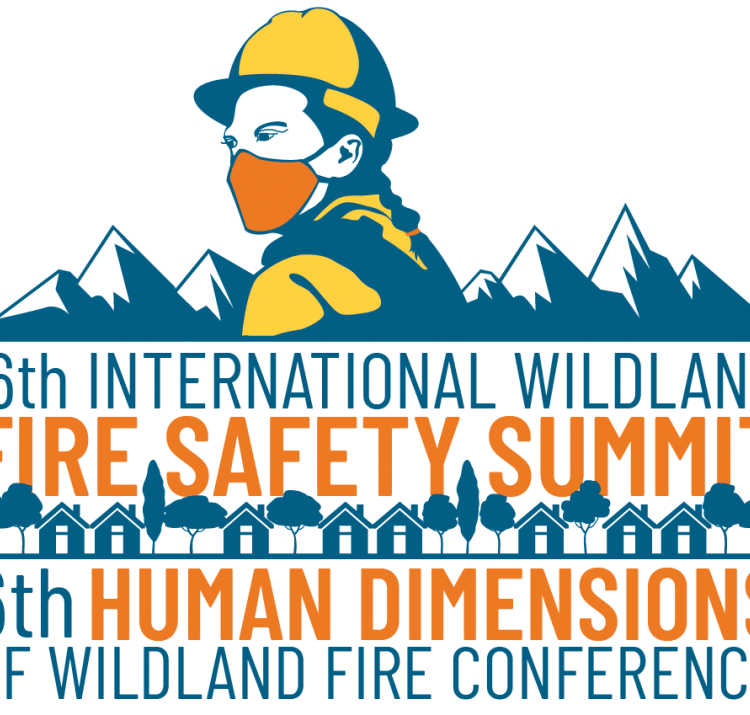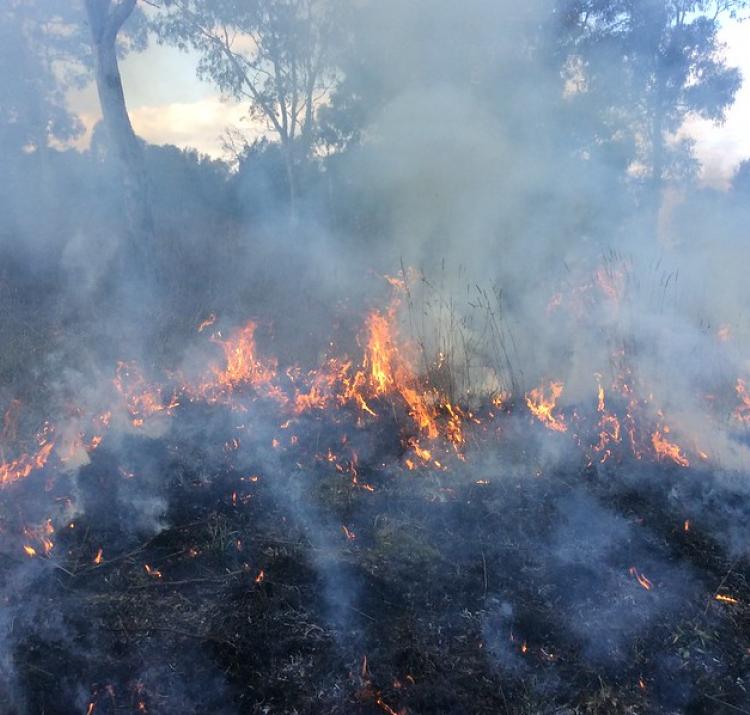Student researcher
Bushfires are predominantly understood in Australia in the context of emergency/disaster risk management. This approach embeds a prescriptive ‘top-down’ approach to community bushfire risk reduction. Fire knowledge and practice are often limited to hazard reduction burning, often not addressing either the ecological or cultural roles of fire in the landscape.
In the United States, the concept of ‘fire-adapted communities’ has become central to its government policies, social science research and practice. The concept aims to facilitate finding the right balance between ecologies that need fire, and the people who are vulnerable to it. Learning networks help put knowledge gained by community fire managers about local fire ecologies, and working with communities, into practical use.
This project aims to explore whether there are lessons to be learnt from this approach; what an adaptive approach to fire might look like in Australian context; and to identify and explain the motivations, roles and contributions from different actors/ stakeholder groups (whether individual, agency/organisational, or at multiple levels of government).




